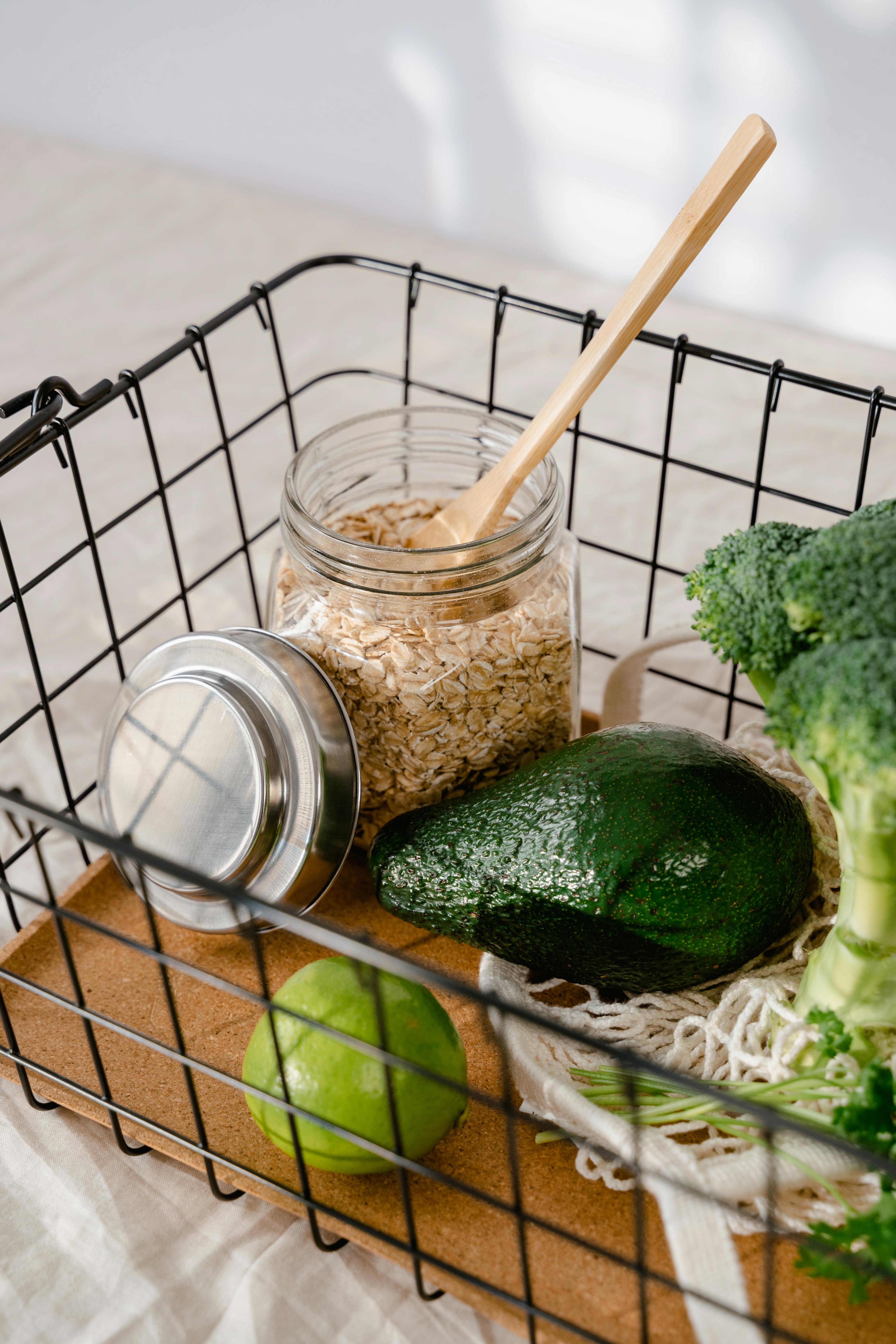Effective Ways to Use a Breastfeeding Calorie Calculator
Breastfeeding is not only a vital source of nutrition for infants but also a significant factor influencing a mother’s health and wellness post-delivery. In 2025, using a breastfeeding calorie calculator has become essential for mothers looking to manage their calorie intake effectively while nursing. Understanding breastfeeding calories is crucial for maintaining a balanced diet that supports both maternal health and effective lactation.
A breastfeeding calorie calculator helps mothers estimate their calorie needs based on their unique circumstances, including their activity levels and whether they are breastfeeding exclusively or supplementing with formula. This tool can also serve as a guide for postpartum weight loss, aiding in the adjustment of calorie intake to maintain energy levels while ensuring adequate nutrition for both mother and baby. In this article, we explore how to effectively use a calorie calculator for breastfeeding, tips for meal planning, and food choices that support nursing.
Key Takeaways:
- Understanding the importance of caloric intake during breastfeeding.
- How to utilize a calorie calculator for effective breastfeeding.
- Meal planning tips and recommended food choices for nursing mothers.
Understanding Caloric Needs During Breastfeeding
Building on the basics of breastfeeding nutrition, it’s essential to understand how caloric needs vary for nursing mothers. The energy expenditure during breastfeeding is higher, as lactation typically requires an additional 300-500 calories per day. Knowing these numbers helps in structuring a breastfeeding diet tailored to individual requirements.
Calculating Your Caloric Needs
To start, it’s crucial to estimate your total daily energy expenditure (TDEE). This involves calculating your basal metabolic rate (BMR) and accounting for activity levels. A simple formula involves using your weight, height, age, and activity multiplier to determine your caloric needs. The result gives a foundation upon which you can build your breastfeeding meal plan.
Adjustments for Weight Management
For mothers looking to lose weight postpartum while breastfeeding, understanding the balance of calorie intake is paramount. It’s essential to consume enough calories to support both milk production and overall energy levels. A deficit of 500 calories per day can lead to gradual weight loss without compromising milk supply.
Monitoring Caloric Intake: Tools and Apps
Utilizing a calorie-tracking app can be invaluable for nursing mothers. Many apps are specifically designed for breastfeeding women, allowing them to input their meals, track calories, and analyze nutrient intake. These tools help ensure that mothers are not only meeting their caloric needs but are also consuming a balanced diet rich in essential nutrients.
Creating a Balanced Breastfeeding Meal Plan
With an understanding of caloric needs established, the next step is to create a breastfeeding meal plan that encompasses a variety of food choices. A balanced diet for breastfeeding includes nutrient-rich foods such as fruits, vegetables, whole grains, healthy fats, and adequate protein. This ensures that both the mother and baby receive the necessary nutrients for optimal health.
Choosing the Right Foods for Nursing Mothers
Incorporating a variety of foods is crucial in supporting breastfeeding wellness. Focus on foods high in omega-3 fatty acids, such as fish, nuts, and seeds, which are beneficial for baby’s brain development. Additionally, incorporating whole grains, legumes, and lean proteins can help to maintain energy levels while nursing.
Hydration and Its Importance
Staying well-hydrated is increasingly important during breastfeeding. Water helps in maintaining milk supply and supports overall metabolic function. Aim for at least 8-10 cups of water daily, and consider incorporating hydrating foods such as cucumbers and oranges into your diet.
Meal Frequency and Snack Options
Creating a meal schedule that includes frequent healthy snacks can help manage hunger and energy levels effectively. Nutritious snacks could include yogurt with berries, nut butters on whole grain toast, or trail mixes containing dried fruits and nuts—great for an energy boost during busy nursing days.
Practical Tips for Effective Calorie Management
Now that a foundation has been laid on caloric needs and meal planning, it’s time to discuss practical tips for effectively managing calorie intake during breastfeeding. These strategies can enhance breastfeeding nutrition and assist in healthy weight management.
Understanding Portions and Balanced Meals
Utilizing portion control by measuring the recommended serving sizes can assist in better managing caloric intake. Round out meals with a balance of protein, carbohydrates, and fats to create satisfying and energizing combinations.
Incorporating Nutrient-Rich Foods
Nutrient-dense foods are key components in a successful breastfeeding diet. Foods high in dietary fiber, such as whole grains and legumes, not only provide essential nutrients but also promote satiety, which can help in controlling overall calorie consumption.
Avoiding Empty Calories
Be mindful of foods high in added sugars and unhealthy fats. While occasional treats are fine, maintaining a focus on whole, nutrient-rich foods will significantly aid in breastfeeding objectives and overall health.
Q&A: Common Questions About Breastfeeding and Caloric Needs
How many extra calories do I need while breastfeeding?
While breastfeeding, women typically require an additional 300-500 calories each day to meet their energy needs. These calories should come from nutritious food sources to support both the mother and child.
Can I diet while breastfeeding?
It is possible to follow a weight loss plan while breastfeeding, but it’s crucial to avoid creating too big a caloric deficit. Gradual weight loss is the safest approach to ensure a sufficient milk supply.
What are the best foods for breastfeeding moms?
Foods rich in protein, healthy fats, and complex carbohydrates are excellent options. Incorporate foods like lean meats, fish, nuts, seeds, fruits, vegetables, and whole grains for balanced nutrition.
What role does hydration play in breastfeeding?
Staying hydrated is vital during breastfeeding as it can affect milk production. Drinking adequate water and including hydrating foods can support both milk supply and maternal energy levels.
How can I track my calorie intake effectively?
Using a calorie-tracking app tailored for breastfeeding can simplify the tracking process. Furthermore, maintaining a food journal can help you stay vigilant about your dietary choices and ensure you're meeting your caloric needs.
